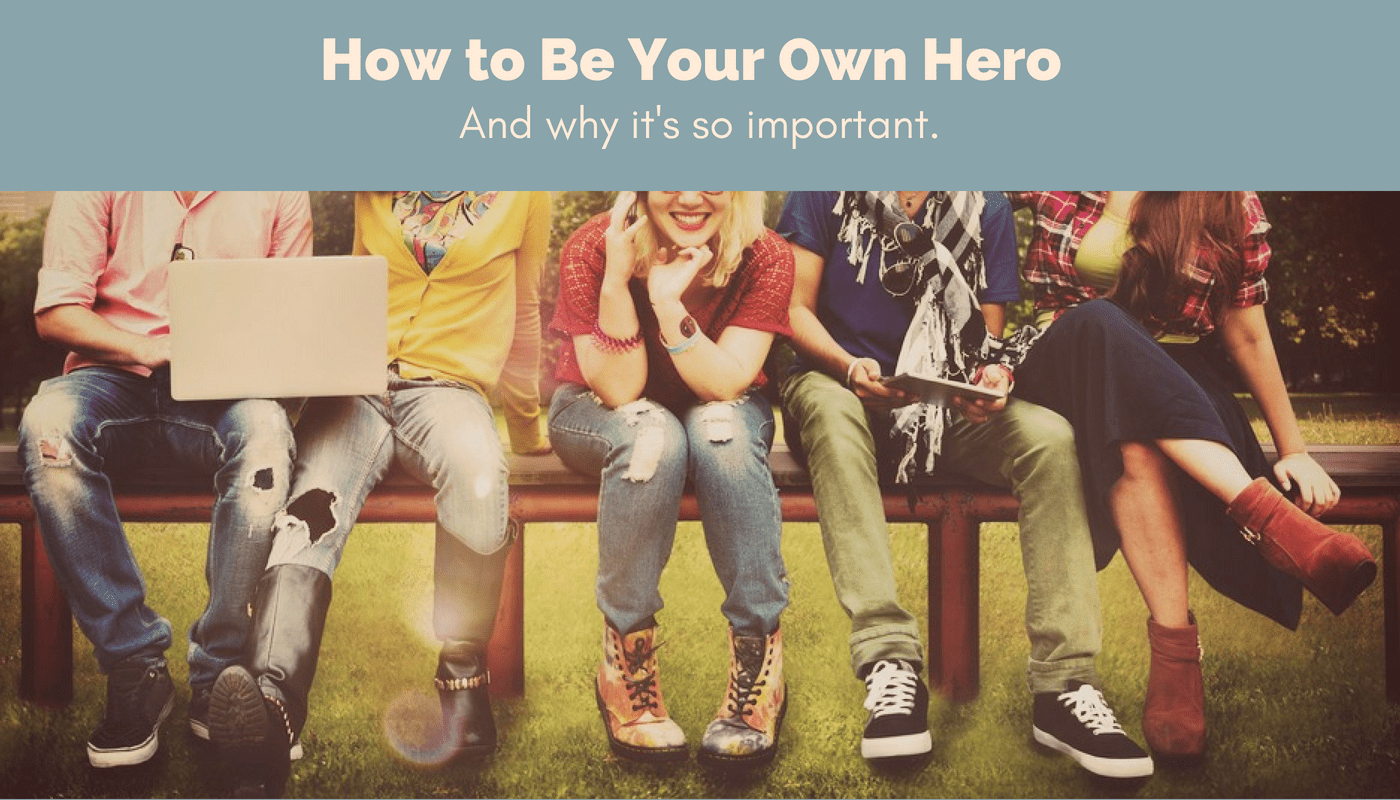Adolescence can be fraught with difficult friendships and difficult people. Sometimes you’ll need to be your own hero – but that’s okay because you are brave, brilliant and you have everything you need to do that.
Transcript
During adolescence you might feel a real pull to experiment with your independence from your family. That doesn’t mean you wont’ need your family – you’ll always need them, but you will be looking at who you are as an independent adult, and you’ll start experimenting with that and exploring that. As you do that, you might start to feel the need to start looking for connections with a peer tribe. Social connection during adolescence feels really important, but it doesn’t always happen smoothly. Sometimes those friendships can be fraught with heartache, sadness, anger or grief.
During adolescence you’ll be confronted with all sorts of challenges – and peer challenges can feel like some of the worst. You won’t even realise how strong or brave you’re being at the time because it will just feel normal. But through this, you will discover your own resilience and resourcefulness.
What you need to remember is to take care of you. By that I mean inside all of us a small child – that part of us that just wants to be loved, reassured, nurtured and feel safe and secure. When friendships are tough, if you’re being teased or bullied, or finding yourself in these friendships that don’t make any sense and seem to change from one day to the next, try to keep that part of you safe and solid. Look after that small child in you. It needs to feel safe and protected.
It’s one thing for bullies or people who don’t understand you to give you the messages that they’re giving you. Be really careful about picking up where those people leave off. You wouldn’t hurt a small child. You wouldn’t tell a small child that they’re fat or ugly or stupid. You wouldn’t tell a small child that they don’t deserve friends, or that there’s something wrong with them. You are brave and strong and resilient. Own that.
Of course you get sad sometimes or exhausted, and of course you just wish sometimes it would be easier. It will get to that. People change. People grow up. But until then, there’s a part of you that really needs to feel the security of you, and that self-love, and that self-compassion. Because adolescence can be hard and sometimes they only way through is straight through the middle – and you’re doing that. In the meantime, keep that part of you safe – the curious, generous, exciting, resilient, part of you that looks at the world with an open heart and an open mind and is able to embrace things. Don’t let other people change you. Take that small child in you, and love it, nurture it, and be kind and gentle with it – because it will be an important part of the healthy, amazing adult that you will be one day.


Leave a Reply